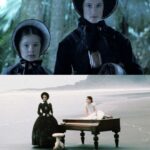
Set in 19th-century New Zealand, the film tells the story of Ada McGrath (Holly Hunter), a mute pianist who is sent with her young daughter Flora (Anna Paquin) to an arranged marriage with a stoic frontiersman, Alisdair Stewart (Sam Neill). Her only solace lies in her beloved piano, a symbol of her voice and innermost emotions.
When Alisdair refuses to transport the piano to their home, Ada strikes an unlikely deal with George Baines (Harvey Keitel), a neighbor who becomes captivated by her music. Their relationship, both tender and unsettling, unfolds through a series of exchanges that blur the lines between desire and power.
Holly Hunter’s extraordinary performance anchors the film, as she conveys Ada’s emotions with remarkable depth using only her eyes and body language. Anna Paquin, in her Oscar-winning role, brings a fierce precociousness to Flora, adding layers of complexity to their mother-daughter bond. Keitel and Neill provide compelling contrasts as the rugged, sensitive George and the repressed, volatile Alisdair.
The film is visually stunning, with Stuart Dryburgh’s cinematography capturing the moody landscapes of New Zealand and evoking the raw, untamed emotions of the characters. Michael Nyman’s evocative piano score becomes a character in itself, amplifying the film’s themes of longing and liberation.
The Piano is a masterful blend of sensuality and restraint, balancing its erotic undercurrents with a profound exploration of agency and identity. It challenges societal norms and expectations, particularly regarding women’s autonomy, and remains a landmark in feminist filmmaking. This deeply poetic and emotionally charged drama lingers in the mind long after the credits roll.
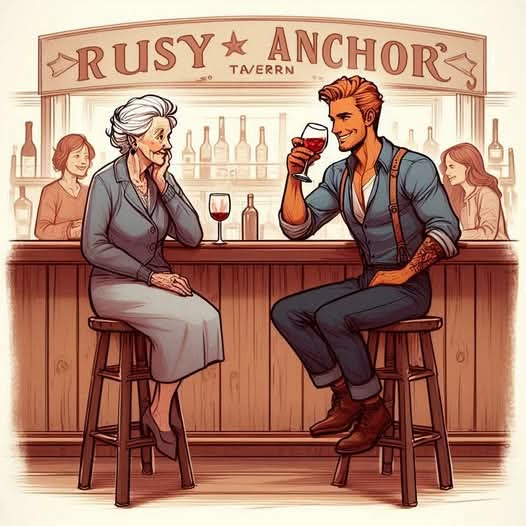

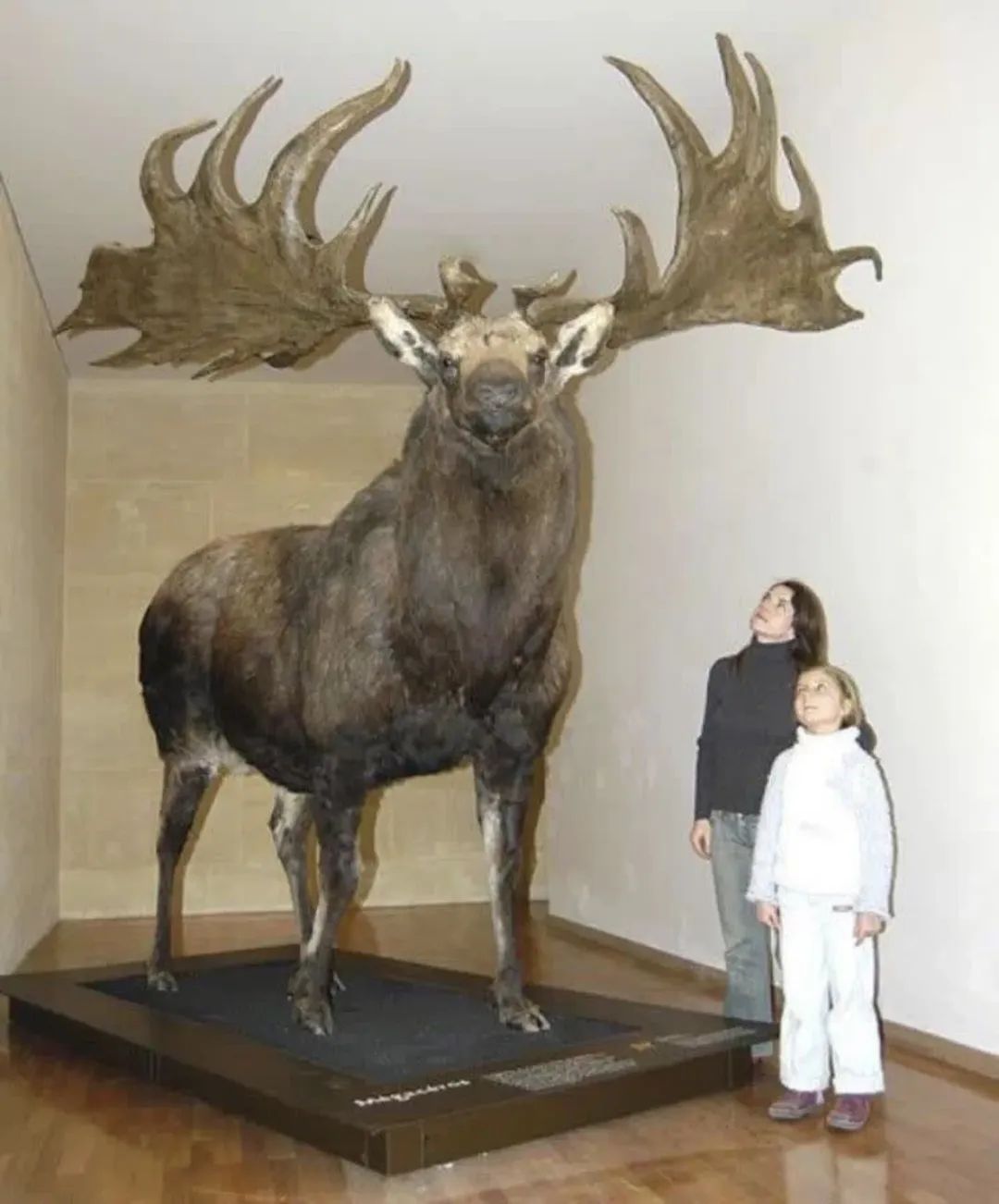
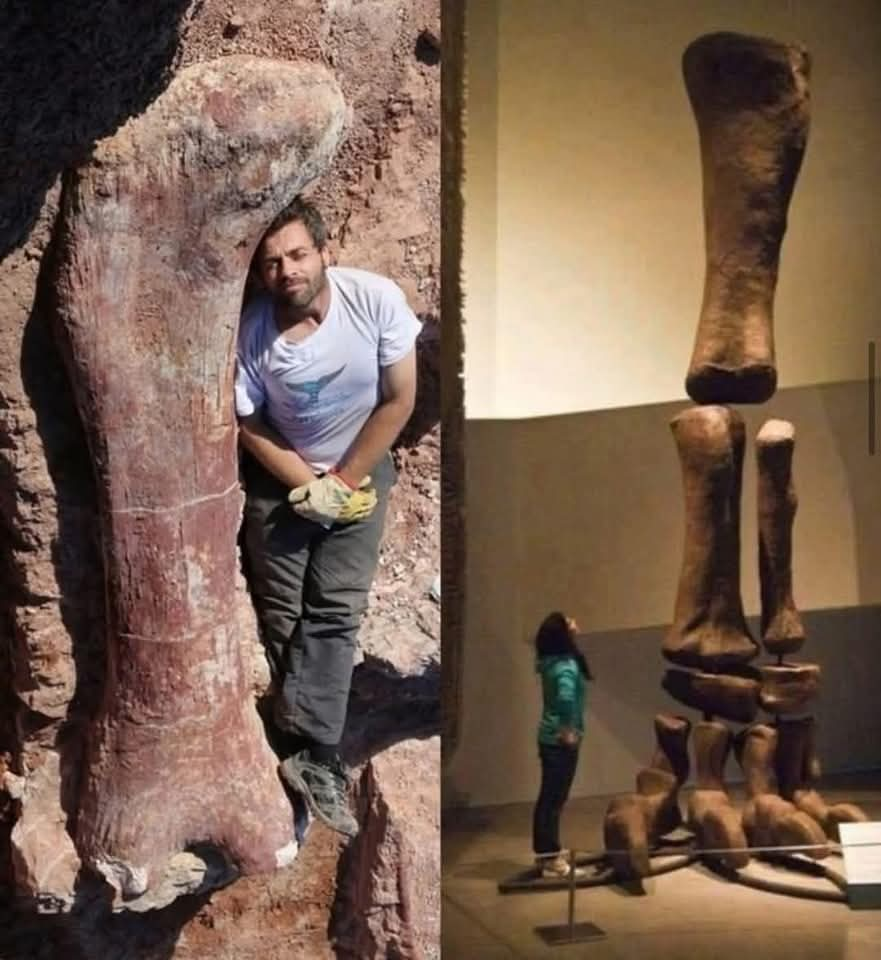
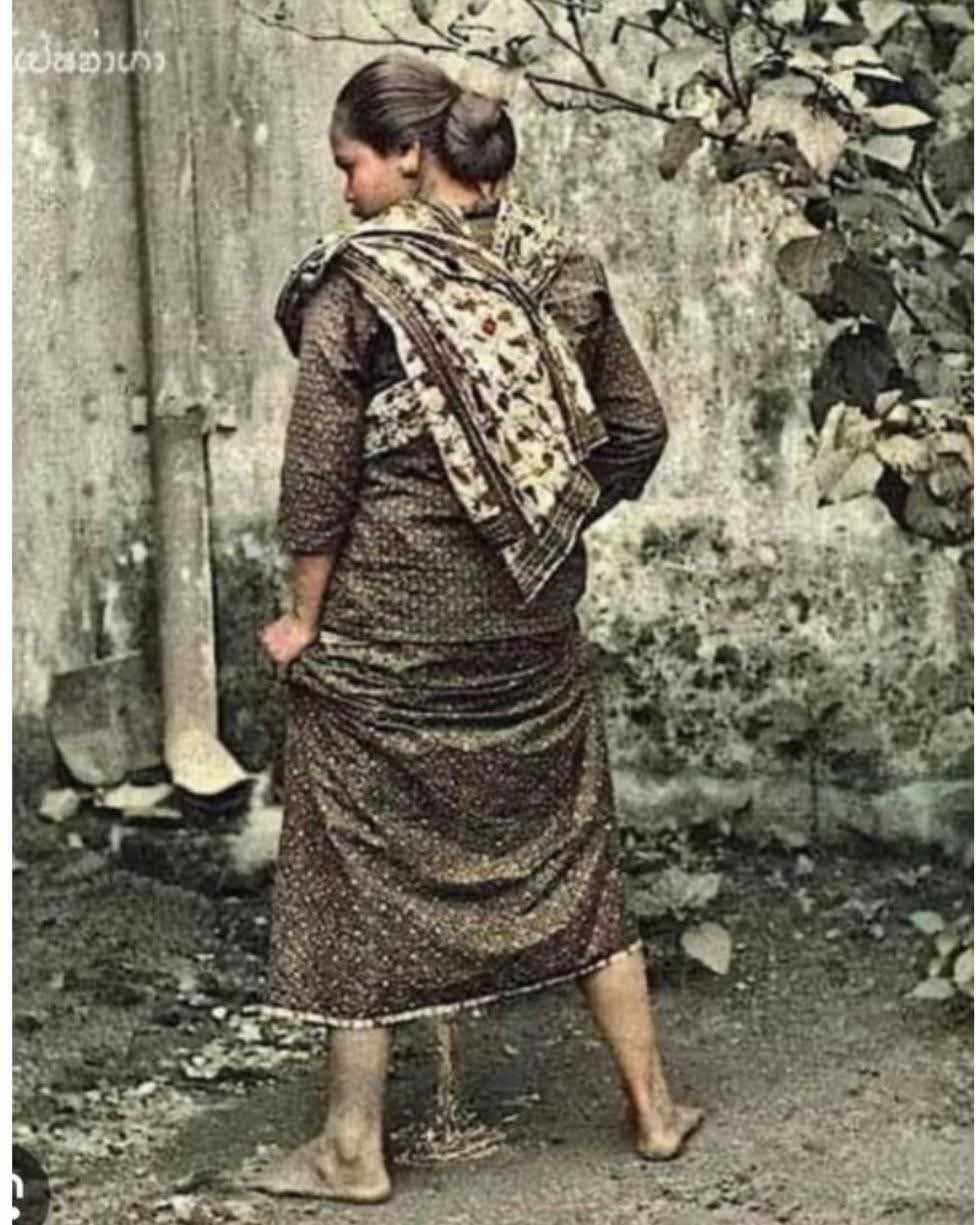
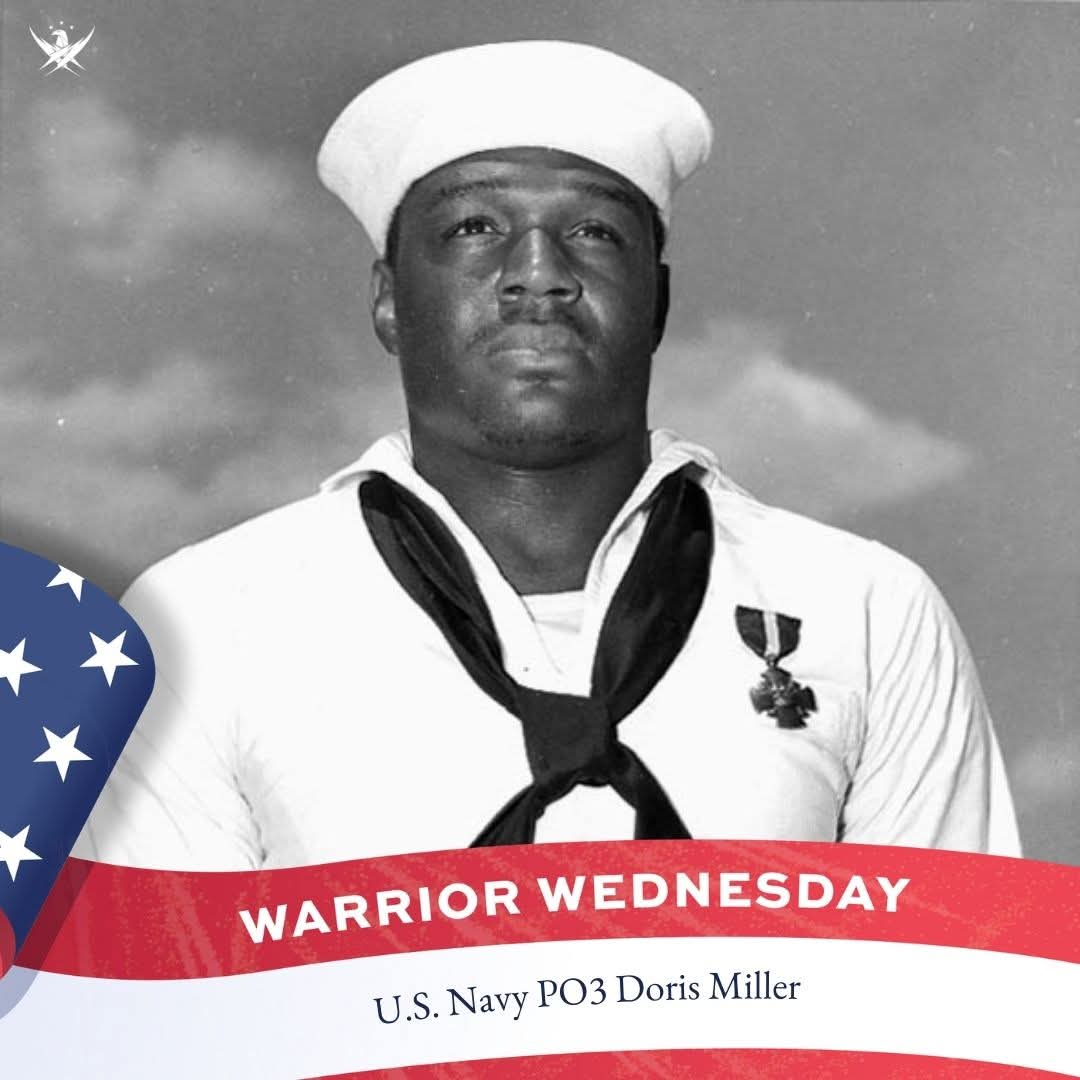
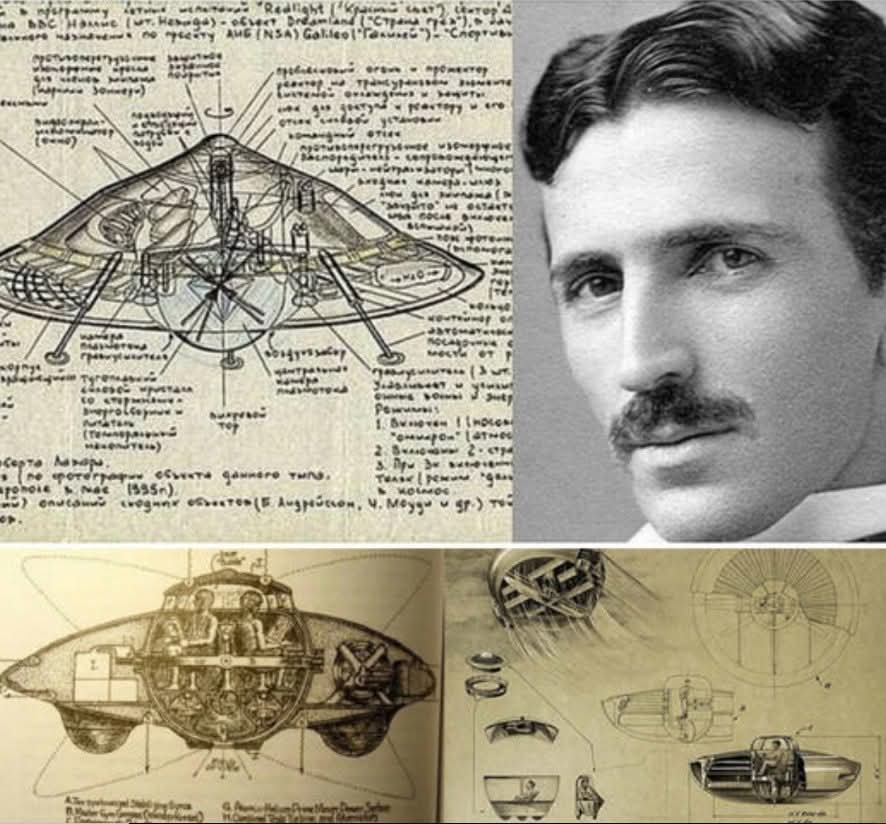
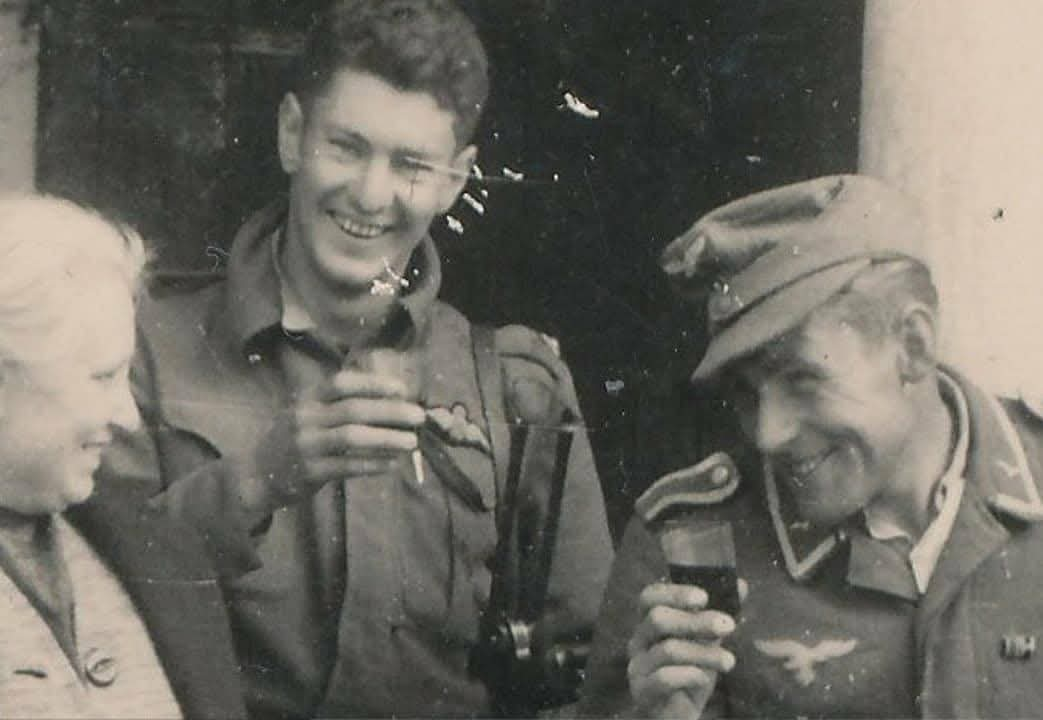

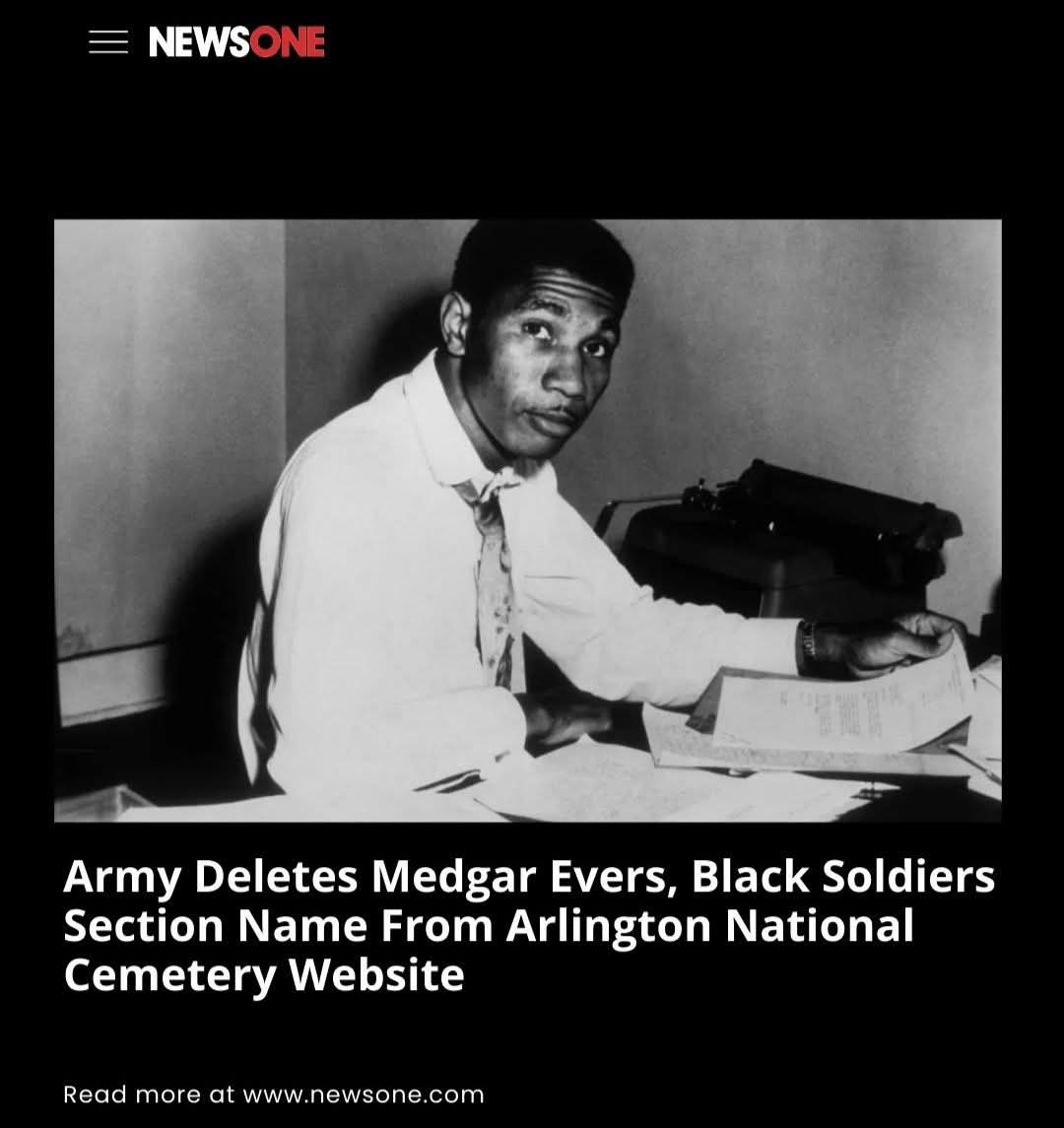
Leave a Reply